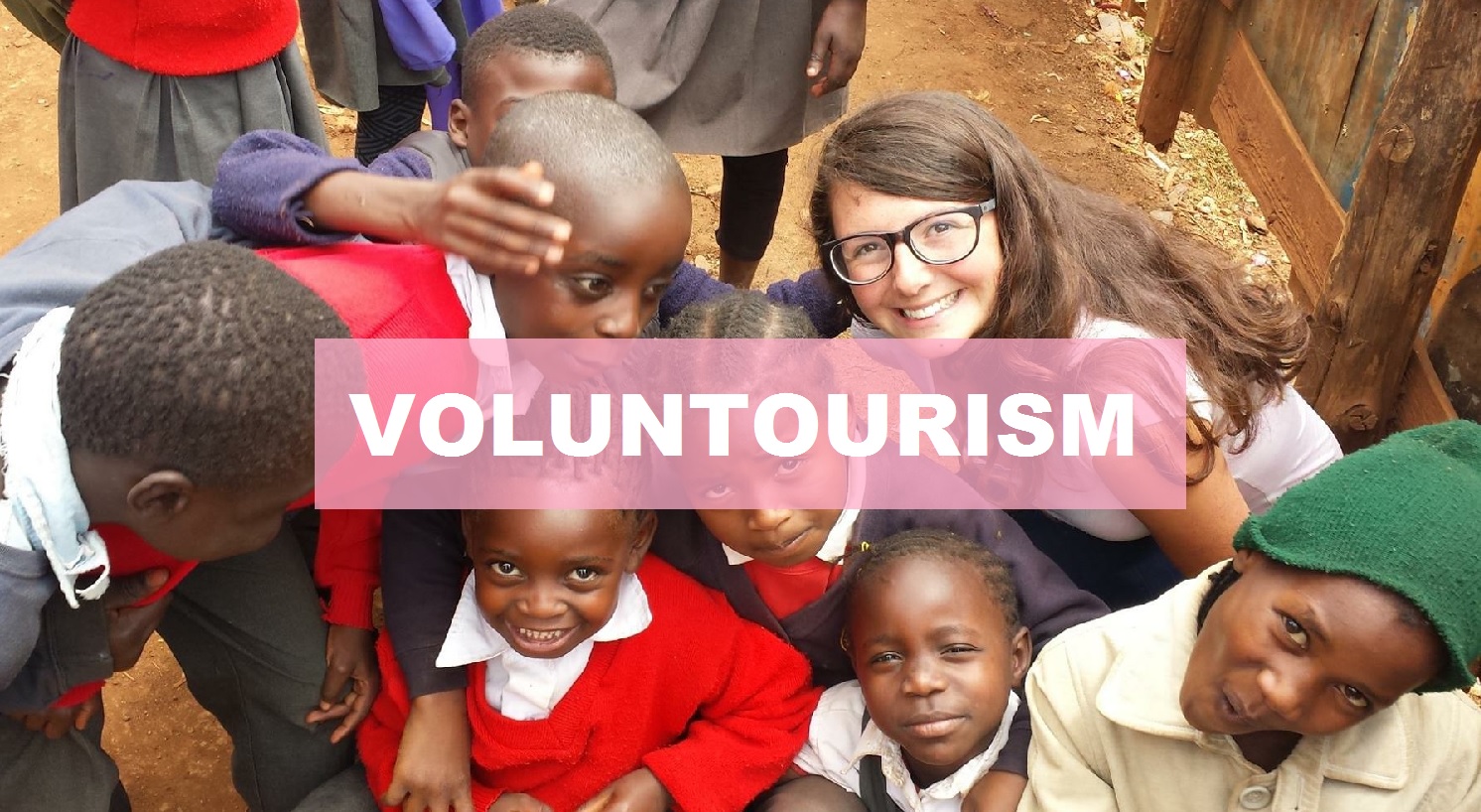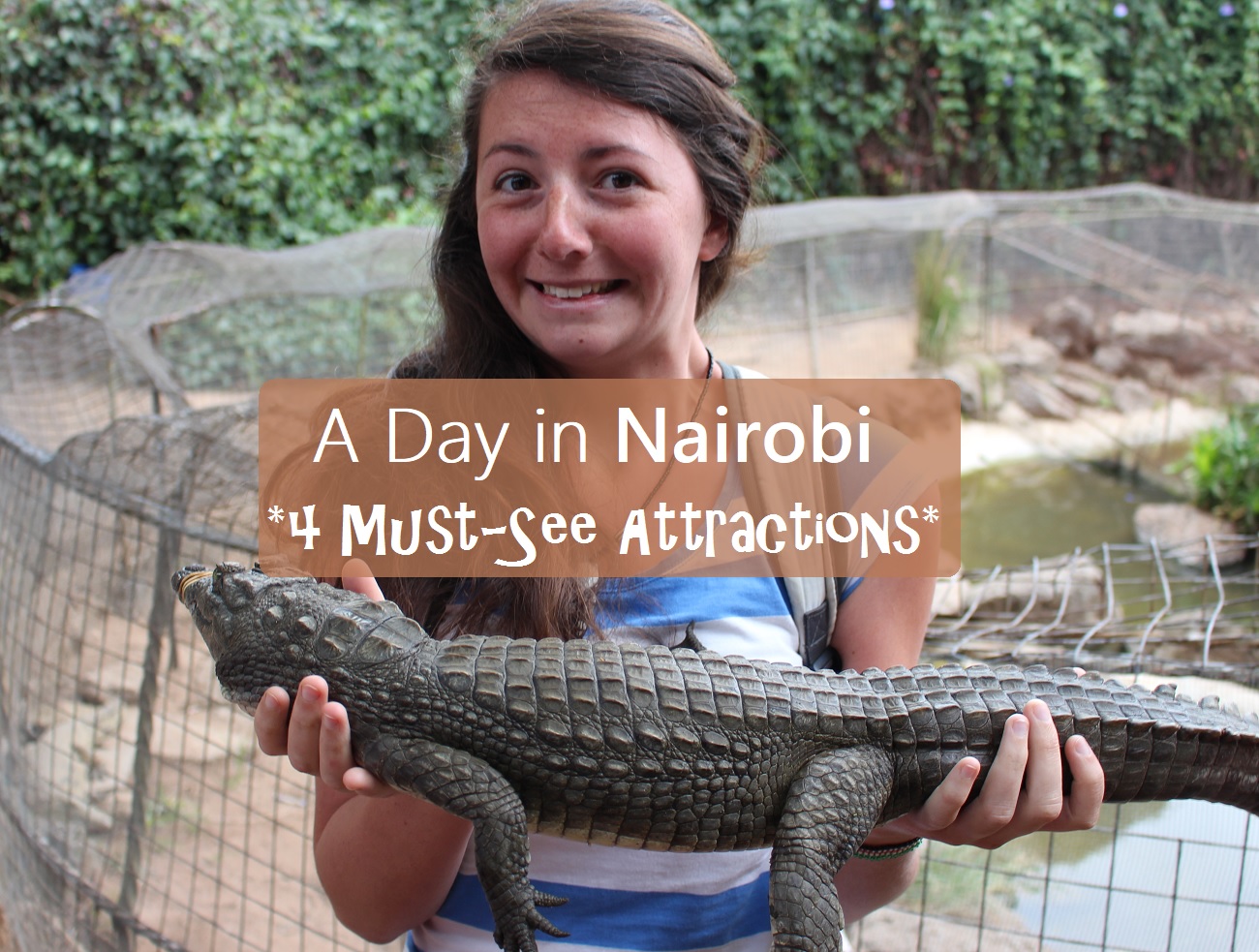Voluntourism (or even “Poverty Tourism”) is an incredibly popular, profitable industry which I believe relies on these 3 factors:
a) an abundance of people in need of adventure / spiritual awakening
I’ve always felt a need to escape, to go somewhere with a different energy. See how other people live. Ordinary life can be so mundane, it’s no wonder that volunteering abroad is so appealing. We could simply take a vacation but volunteering abroad provides a great opportunity to remind ourselves of how blessed we are, allowing us to return to our home country with a restored outlook on life.
b) the notion of widespread poverty abroad
Voluntourism tends to get people to spend £1000 for a week somewhere believed to be entirely poverty-ridden (typically Ghana, Tanzania, Kenya, Nepal, India, Cambodia) by using photos of children in dirty clothes, arms stretched out, just waiting for you to come and save them.
Nobody is interested in spending a month in London volunteering with disadvantaged children, despite England’s 13 million people living in poverty. That’s either due to popular belief that poverty only exists in Africa/Asia, or because as I mentioned in (a), people want a fulfilling adventure; something different.
c) a community to exploit?
Volunteering with a professional, sustainable, non-profit company, who know exactly where best to place volunteers is great. But there are so many organisations which are the direct opposite. We are presented with thousands of organised packages from teaching to building schools, even if the community doesn’t need volunteer teachers or builders. The conditions of the local people are part of the package: the notion of them needing your help. Don’t be too surprised if you find yourself being a spare part- I met many volunteers who felt that their presence wasn’t as necessary as it was made out to be, that all they ended up doing was shadowing local doctors or fooling around with some kids.
Again, advertising is used here to paint a whole country as needy, plus they’ll throw in some life-affirming experiences such as safari trips, hiking up mountains, white-water rafting, gorilla-treking, etc. “Bored? Need adventure in your life? Volunteer abroad with us and teach very poor children (no experience necessary!) and go on that safari you always dreamt of.” Is it exploitation or not? Did they even ask for the White savior to come? Is it right to brush an entire country as poor and unable to support themselves? What about the companies which de-humanise the locals as animals in a zoo? Is it right that one mans suffering is another mans profile photo?
When I first arrived in Kenya I had an introductory meeting with my incredibly hard-working host dad. I’ll always remember one of the first things he told me: the large majority of Kenyan’s will assume I’m very wealthy. He said, “They may assume that you rolled out of bed and just decided to fly to Kenya that day.”
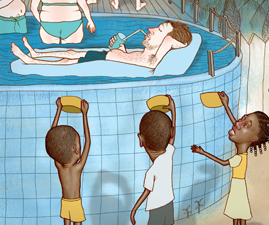
The Voluntourist
A voluntourist then is someone who engages in voluntourism. From popular articles such as “The Problem of Little White girls, Boys and Voluntourism”, “Beware Voluntourists Doing Good” and “The 7 Sins of Humanitarian Douchery”, a voluntourist is defined as a White, selfish, ignorant, useless moron. But why does everyone hate voluntourists so much? Are we so bad?
HATE: 1) Lack of skills.
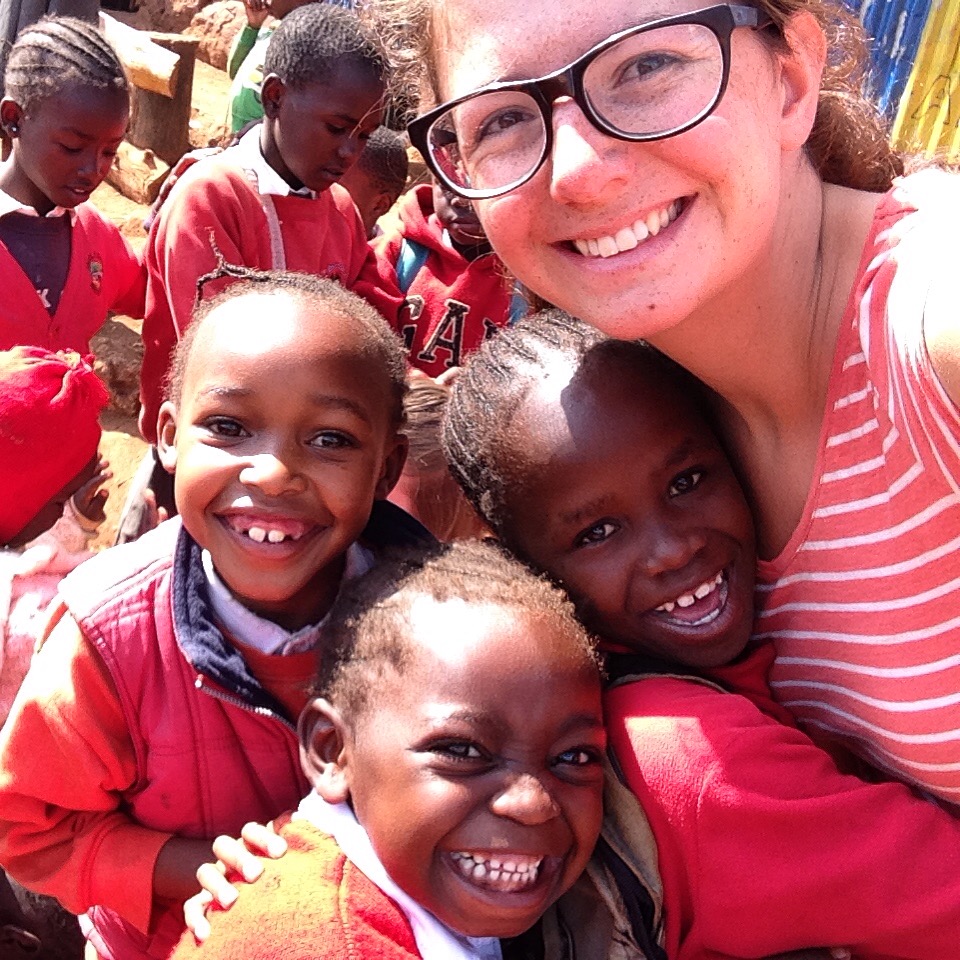
Voluntourists tend to be fresh out of high school or university with little or no life experience. Imagine teaching in public school in America or England? You’d undergo checks to ensure you’re not a peidofile, and you’d have to possess the necessary credentials and experience. Because voluntourism just needs your money, they don’t care if you’ve never spent more than 5 minutes with a child. Don’t even get me started on building projects with volunteers who can’t build…
BUT: maybe an extra pair of hands is still better than none? I actually don’t have a degree though this in no way impaired me while volunteering. If voluntourists choose projects based on their own skills-set, I can’t see a problem here. I have over 2 years of experience teaching children, which is why I volunteered in a school.
HATE: 2) The idea that people volunteer to fulfill some kind of inner need, not actually to give anything.
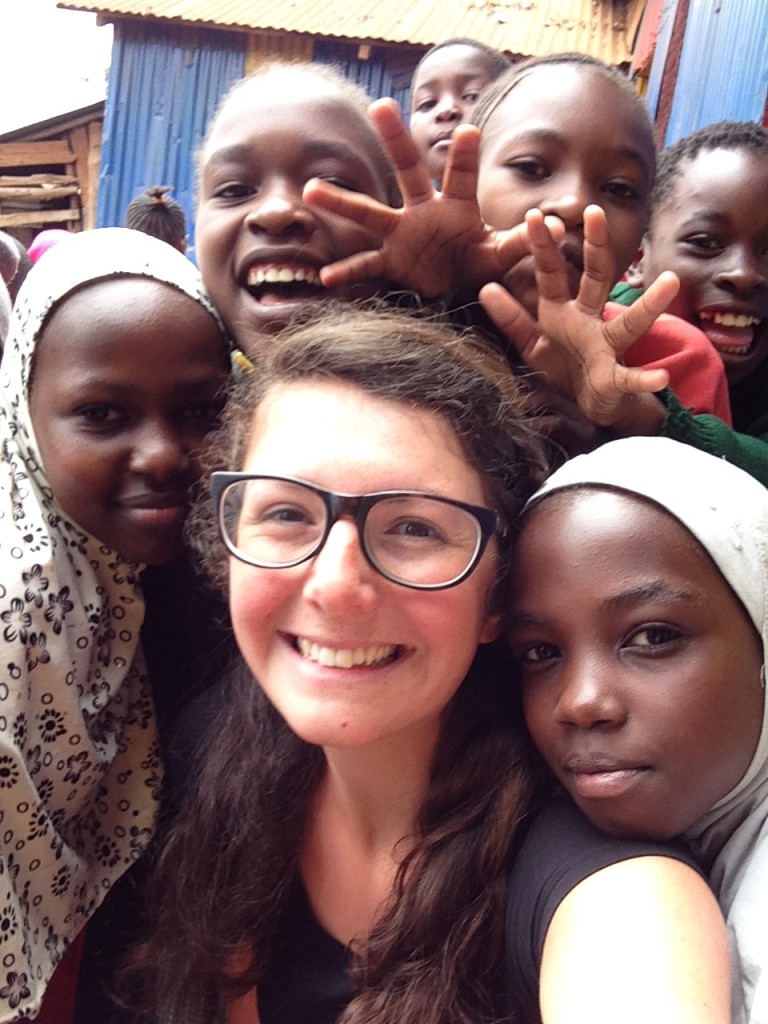
These are real people, real communities, and just because volunteers go home as happy as Larry with a new-found spiritual awareness, an item on their bucket list ticked off, their friends they leave behind are still there, long after they’ve forgotten about 8 year old Peter and his drug addiction. Some volunteers seem to think that just having to bear witness to such awful situations (carefully Instagramming every moment) is enough.
BUT: Do all vountourists really volunteer abroad just for themselves? Surely it can’t be the entire reason but maybe plays a part. Is that such a bad thing though? Aren’t we all searching for something?
HATE: 3) Instagramming themselves surrounded by generic poor Black children to make themselves look interesting and compassionate on social media.
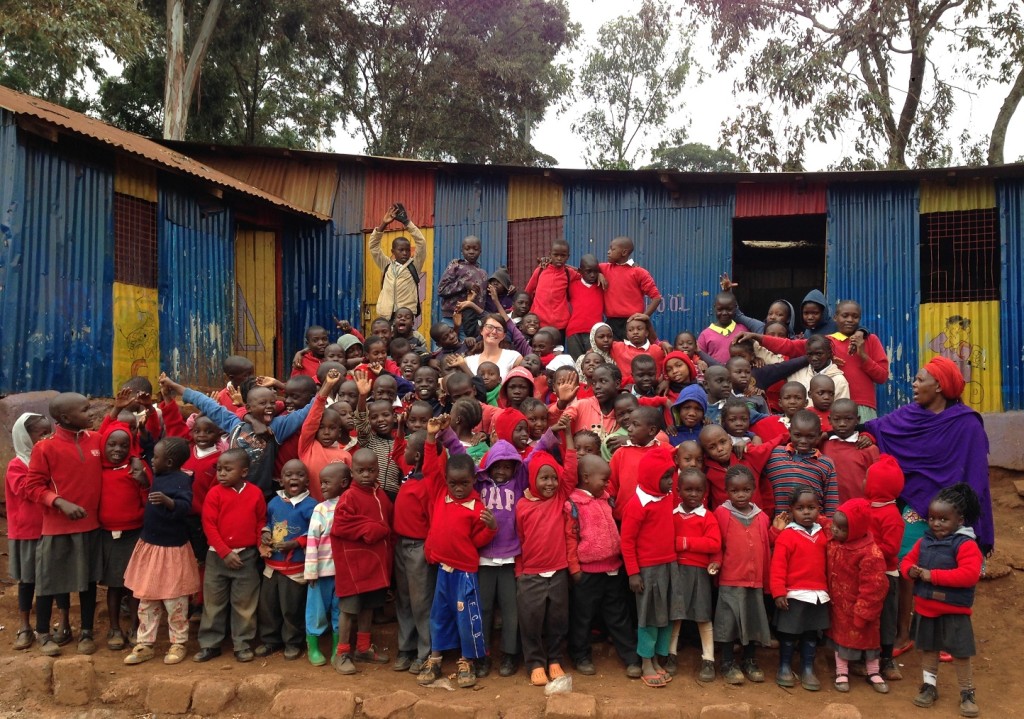
I read a funny article about how volunteering had “changed one woman’s Facebook profile photo forever”.
BUT: Sometimes these images can be useful in fundraising, as it turned out to be for me. I only uploaded photos of children I worked with and gave background stories and information as to why exactly I was fundraising for them. Still, I didn’t have parental consent, and now their images are on the internet probably forever (and here they are again, in my blog). However, some voluntourists just snap their camera all over the place. This quote shakes my core:
“I hadn’t eaten in two days. Suddenly a white woman was taking my picture. I felt like a tiger in a cage. Before I could say anything, she had moved on.”
HATE: 4) Voluntourists tend to sacrifice very little of their time.
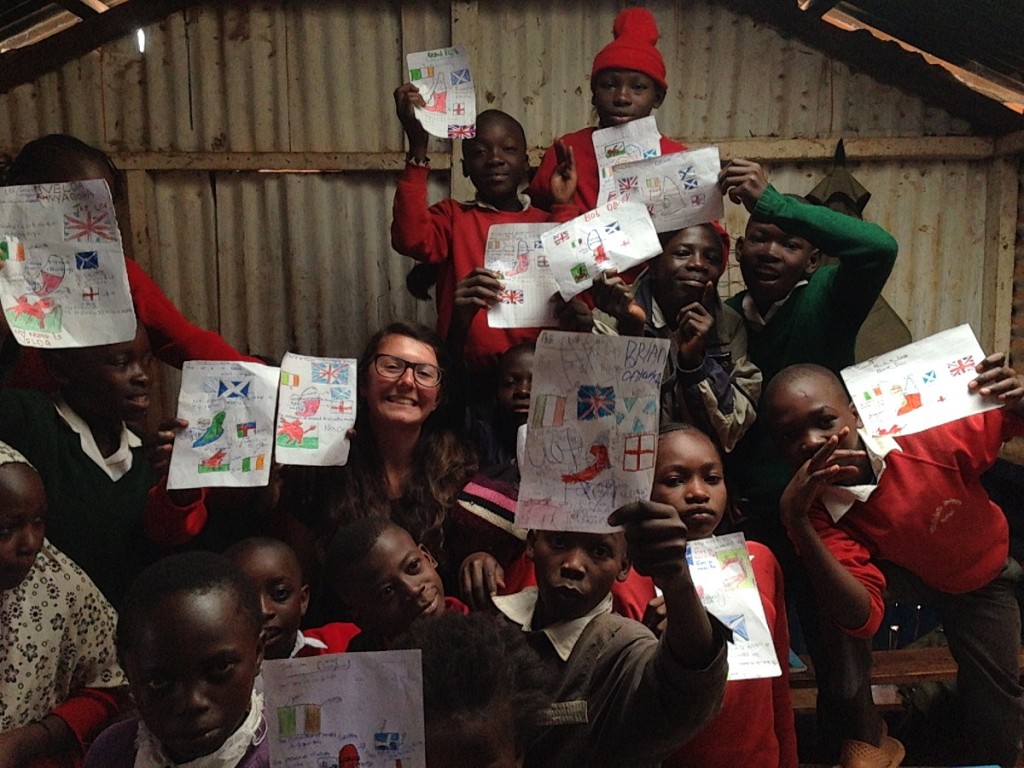
The majority probably sign up for a week to a month. It’s more like an extended holiday than a real personal investment in a community. Without any fundraising and planning, short-term volunteers generally make little difference to the community (but a big difference to their Facebook).
BUT: I saw the great things that could be done even with little time. For example, one volunteer staying for a week and a half managed to fundraise and help implement fresh water pipes at an Internally Displaced Persons (IDP) camp. I stayed for 2 months but it wasn’t enough time to make a difference which could be sustainable.
HATE: 5) Voluntourists cause sustainability issues.
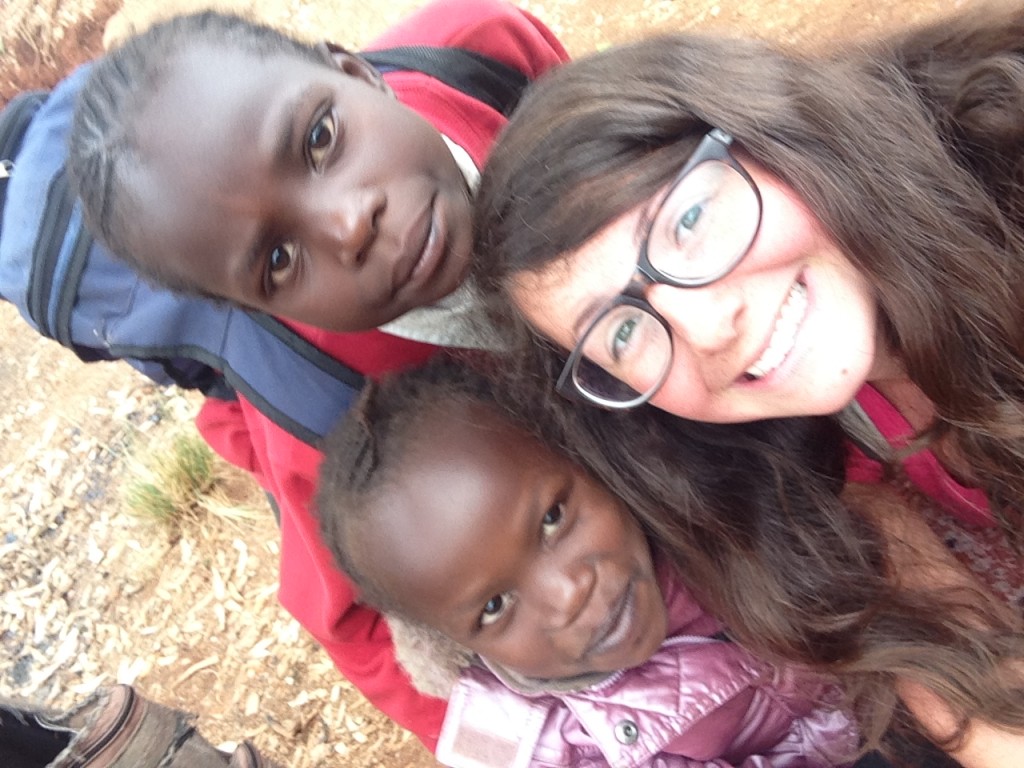
I knew someone who volunteered in a fantastic project, locating homeless/runaway children back with their families or else sourcing the finances to house the children with a new family, where their education, housing costs and drug-rehabilitation (if required) would be sponsored. Whilst in Kenya, this volunteer did some amazing reunions between children and their families, but once they returned to America all finances stopped. This constant withdrawal by ex-voluntourists puts the child in a horrendous situation where their family can’t support them, leading them to runaway from home again. Schooling and medical care is also difficult to sustain between volunteers coming and going at such a fast rate.
BUT: Ex-voluntourists are able to continue fundraising and supporting even long after they’ve left. Some even decide to return, this time with better planning and often for a longer period of time.
HATE: 6) Foreigners who are willing to do a job for free inevitably takes jobs away from the local people.
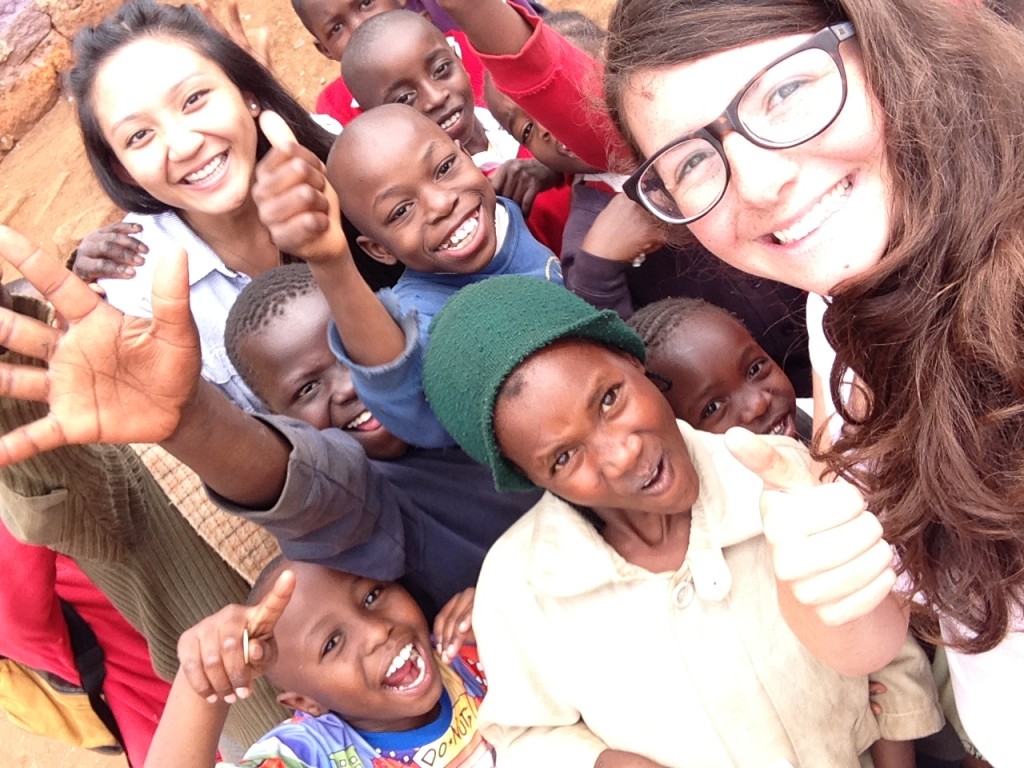
Why pay local teachers or builders when you can get a volunteer to do that job AND pay for the priviledge of doing so?! They might not have any idea about a school syllabus, how to manage a classroom of 40 kids or build a wall- but they’re exactly the customers volountourism thrives on.
BUT: Some voluntourists have vast amounts of experience or offer something which otherwise wouldn’t exist, such as therapy or home visits. They can use their expertise to really benefit a community, they could even train unemployed locals and help create jobs.
HATE: 7) Voluntourists often have very little understanding of the culture, history and language of the place in which they go to volunteer.

Some just presume the community is poverty-stricken and needy and that their presence will change everything. This causes problems, especially if they suffer culture-shock and realise they won’t infact, change much at all. A little research goes a long way.
BUT: It’s all a learning process, right? I admittedly didn’t know a lot about Kenya but once I was there I tried to fully absorb myself in the culture. I asked questions whenever possible and kept a diary. I just kept in my head that I wasn’t there to impose my culture on others.
HATE: 8) Because voluntourists tend to do little research of charities/organisations, they may find themselves engaging in exploitative projects.
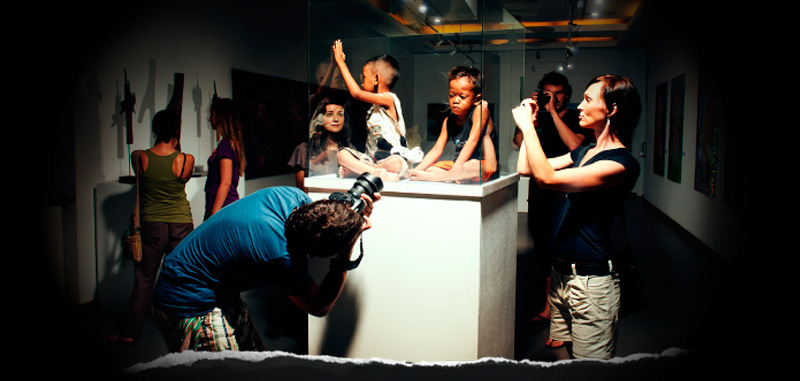
BUT: I’d like to think this kind of manipulation is rare and that the majority of voluntourists do a hella lot of reseach before signing up to something or donating money.
HATE 9) Volunteers psychological impact on the children.
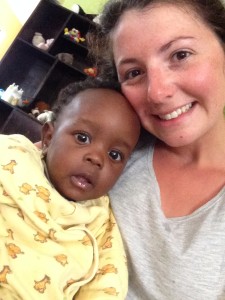
I’m not a therapist or anything, but surely children in a home who are handled, Instagrammed, and temporarily loved by hundreds of different white people every year can’t be a good thing? At the centre for abandoned children I volunteered in, I got into the habit of putting the kids to bed- tucking them in, giving them cuddles, making up stories and wishing them lovely dreams, only to then abandon them once my trip was over.
BUT: With a constant stream of volunteers, it’s not as if my place at the centre was sorely missed. I was just another white face amongst hundreds of others. Of course the ideal scenario would be volunteers who stayed for years but short-term will have to do, unless laws start to come in. Do you think that extra pairs of hands are better than none at all? Should new laws come in when volunteering with children?
HATE: 10) It seems like voluntourists don’t really accomplish anything.
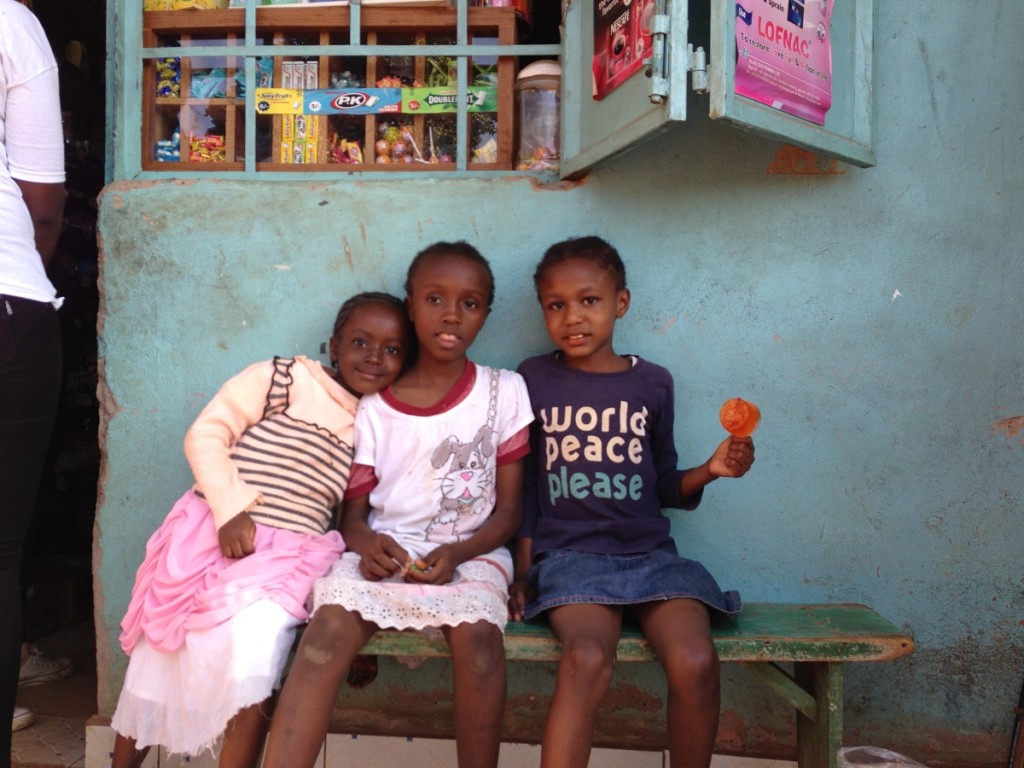
BUT: they DO.
There are so many articles on the internet about how voluntourism is all bad, and a funny video “Who wants to be a volunteer?” I personally feel like I did make some kind of small difference to a small minority of people living in Kenya- is that not better than making no difference at all? And if say 75% of volunteers feel like me, surely that’s a positive thing? I saw the tiniest of acts: voluntourists buying shoes for a girl who didn’t own any, providing medicine and hot meals for homeless children, buying a bag of rice and some bread for people too sick to leave their house, donating their entire suitcase full of clothes to an adult’s drug rehabilitation centre, donating stationary to local schools, helping kids and adults to read and write, helping to make education fun…. and these are just from volunteers staying for 1-2 weeks, let alone the ones who stayed longer.
So after all that, what’s the answer? Is voluntourism as selfish as it seems? Does it even matter if someone volunteers for themselves, so long as something good comes out of it? Is voluntourism a big lie? Is a voluntourist merely someone who wishes to combine charitable work with an exotic vacation? How bleak.
The headteacher of the school I volunteered in said she admires each and every volunteer who helps her at Gladway’s School- even if they can just teach a few hours one afternoon- it’s still better than nothing. Mary teaches the kids to be grateful and loving, and with her staff on wages as low as 3,500 Kenyan Shillings a month (£23/$34), she gladly receives any help. At the centre for abandoned children, the staff were overrun by about 1 carer to 7 children under the age of 5. Even if all I did was change a few nappies, burp the babies, make up bedtime stories, run around and tickle the kids, I at least took some stress away from the full-time staff and lightened their load. But I’m still concerned about all the other points, especially the psychological impact and sustainability issues.
